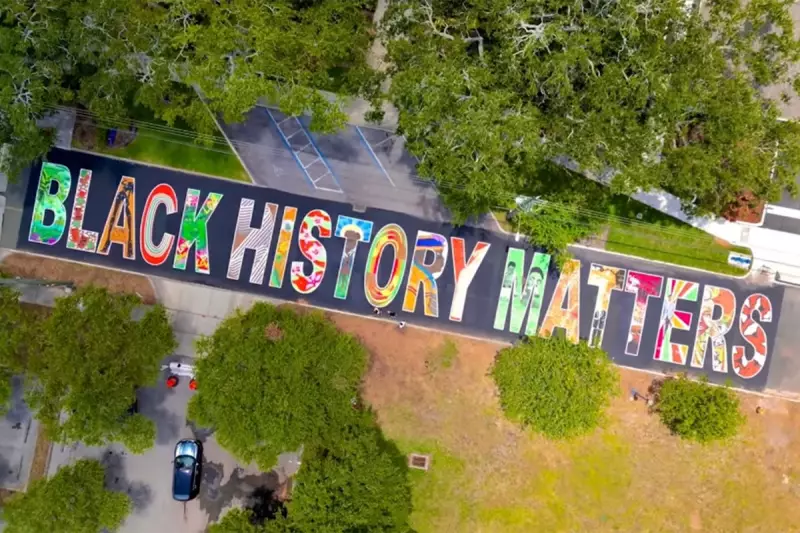
A tense standoff over public art and historical representation in Florida has resulted in the arrest of two local pastors, thrusting the city of St. Petersburg into a national debate on civil liberties and the teaching of Black history.
Reverends Dr. J.C. Pritchett and Dr. Bruce Wright were taken into custody by St. Petersburg police after refusing to disperse from a protest. The demonstration was staged to oppose the sudden removal of a prominent Black history mural from the outside of the city's Florida CraftArt gallery.
The Heart of the Controversy
The mural, a vibrant and celebrated piece of public art, depicted significant figures and moments from African American history. Its removal, ordered by the building's landlord, was cited as a violation of a lease clause prohibiting exterior alterations. However, community leaders and the pastors view the action as a targeted effort to erase Black narratives from public view.
"This is about more than paint on a wall; it's about whose stories are valued and whose are silenced," one supporter was heard saying during the gathering.
A Peaceful Standoff Turns into Arrests
The arrest footage shows a calm but resolute Rev. Pritchett engaging with officers, expressing his intent to remain until the mural was restored. Despite the protest being largely peaceful, police declared the assembly unlawful after the group blocked a pavement and failed to follow orders to move to a designated protest zone.
Both pastors were charged with obstruction and trespassing. They were later released from custody, but the incident has left a deep impact on the community, raising urgent questions about the boundaries of peaceful assembly and property rights.
A Wider National Debate
This local conflict echoes a much larger, ongoing national conversation in the United States. Under the influence of state-level legislation often dubbed "anti-woke" laws, schools and public institutions in Florida have faced increased scrutiny over how they teach themes of race and history.
Critics argue these laws whitewash history and stifle free speech, while supporters claim they prevent the teaching of divisive concepts. The arrest of two religious leaders over a mural has now become a powerful symbol in this heated cultural war.
The case continues to develop as community organisations plan further actions and legal advocates consider their next steps, watching closely to see how the clash between cultural expression and property law will be resolved.





